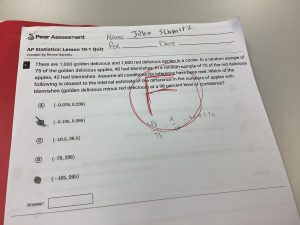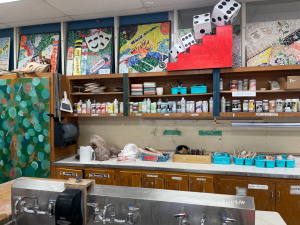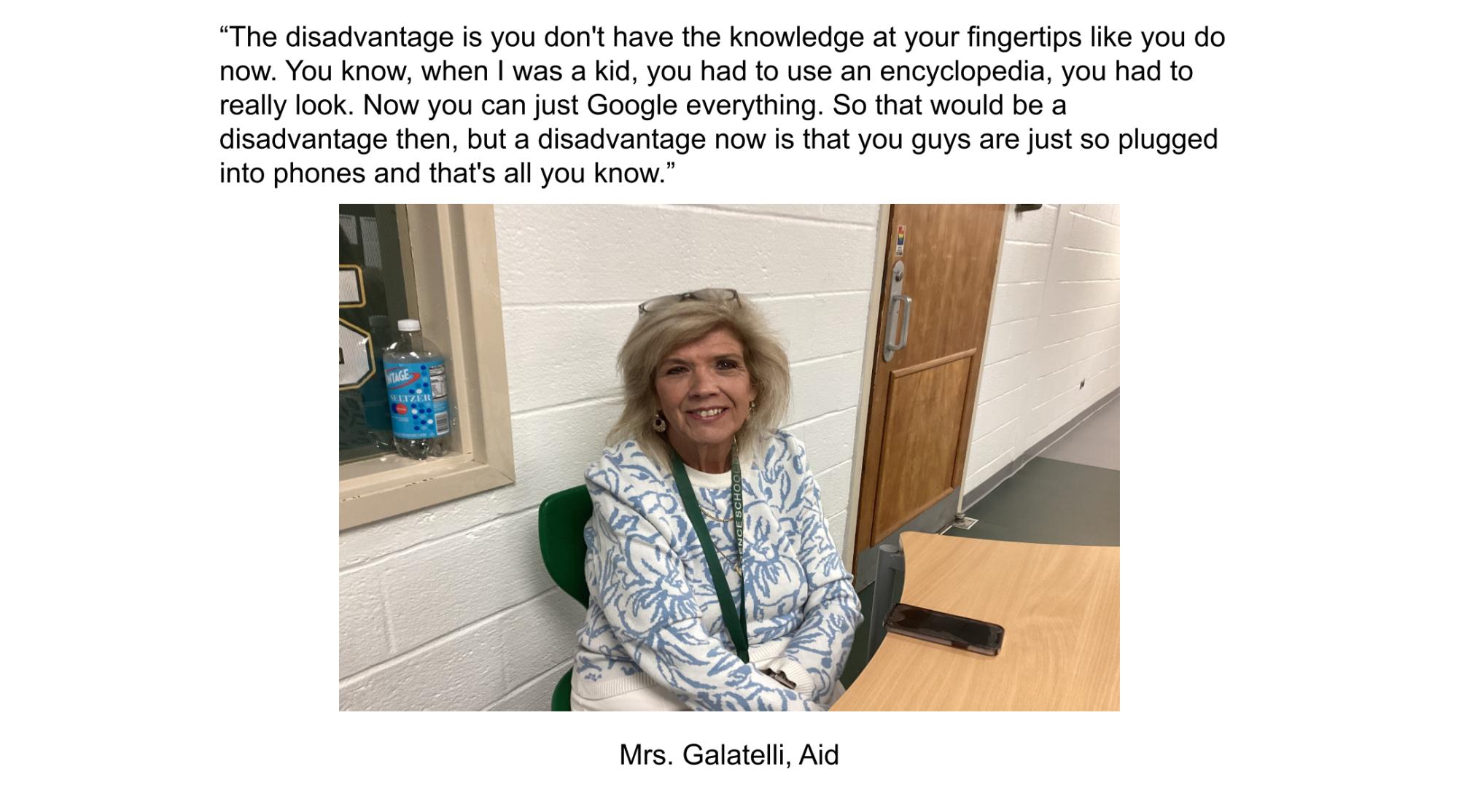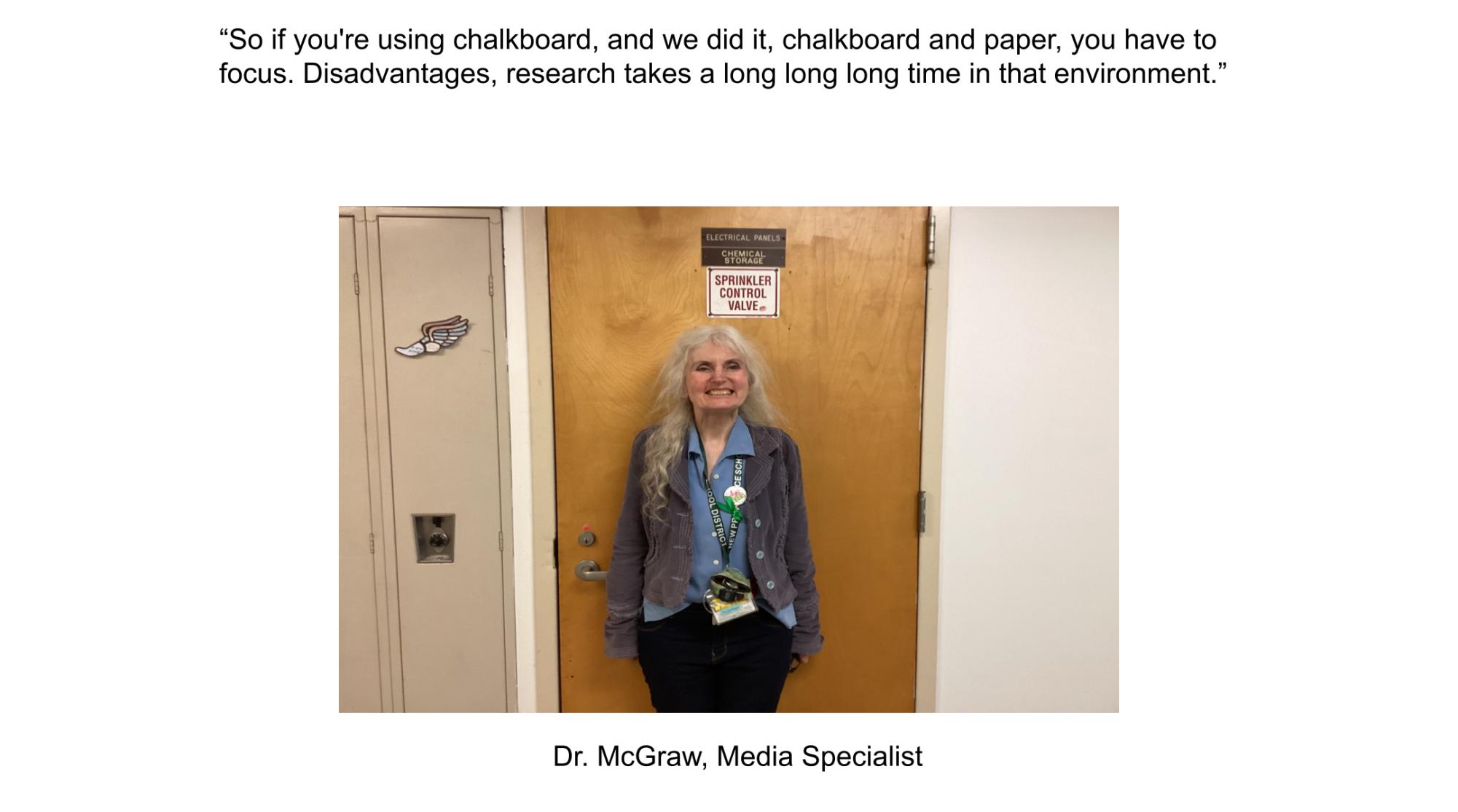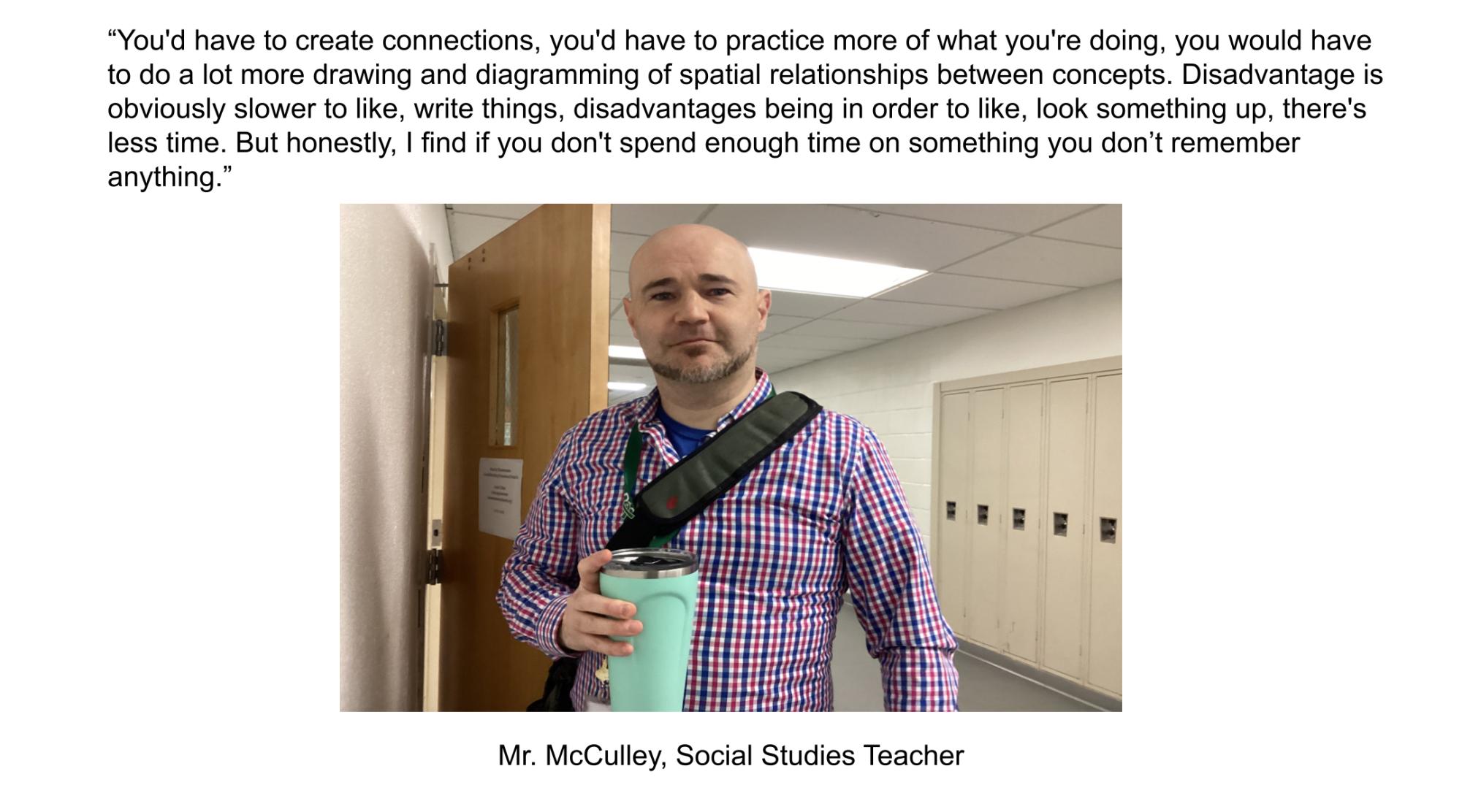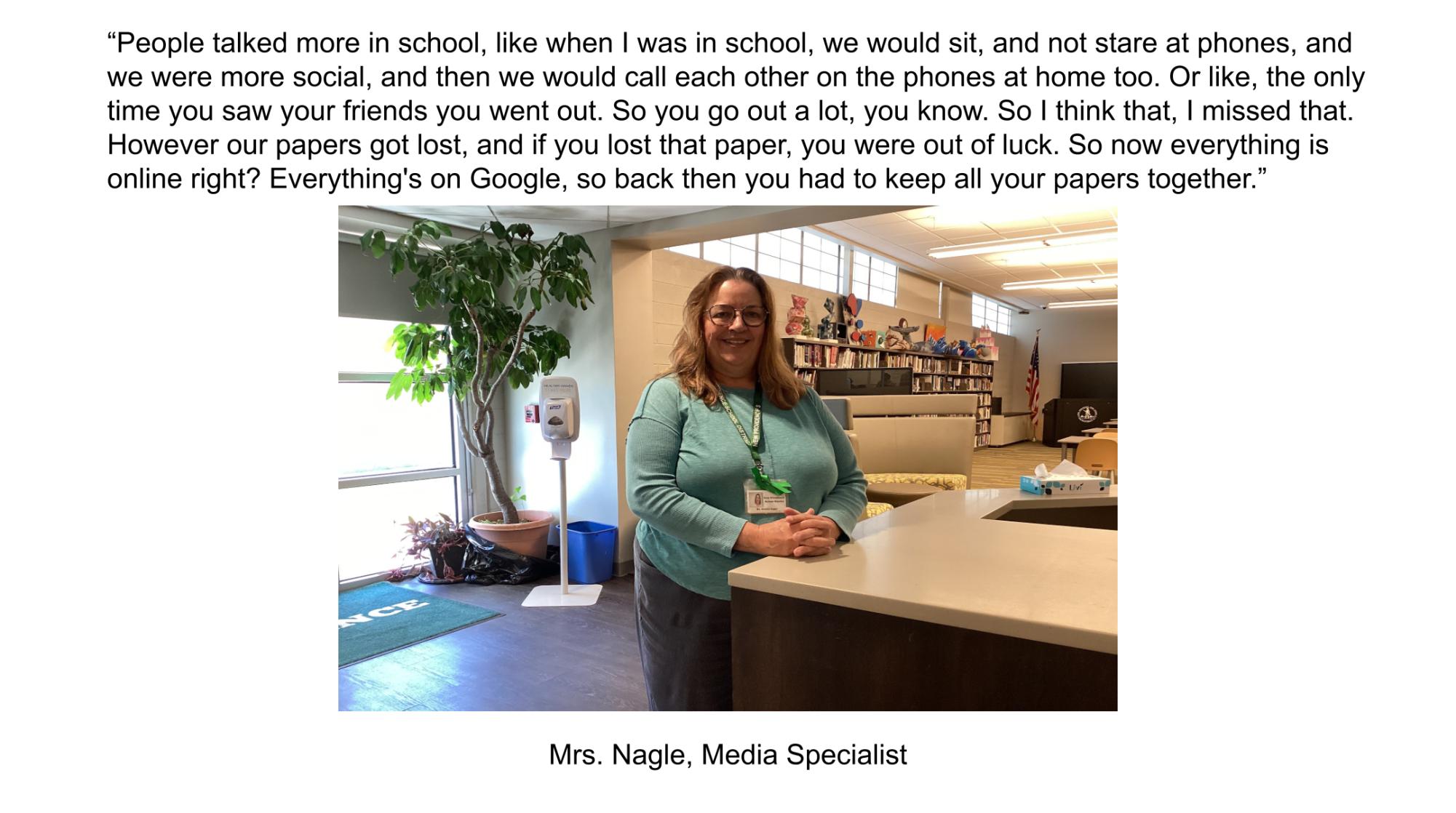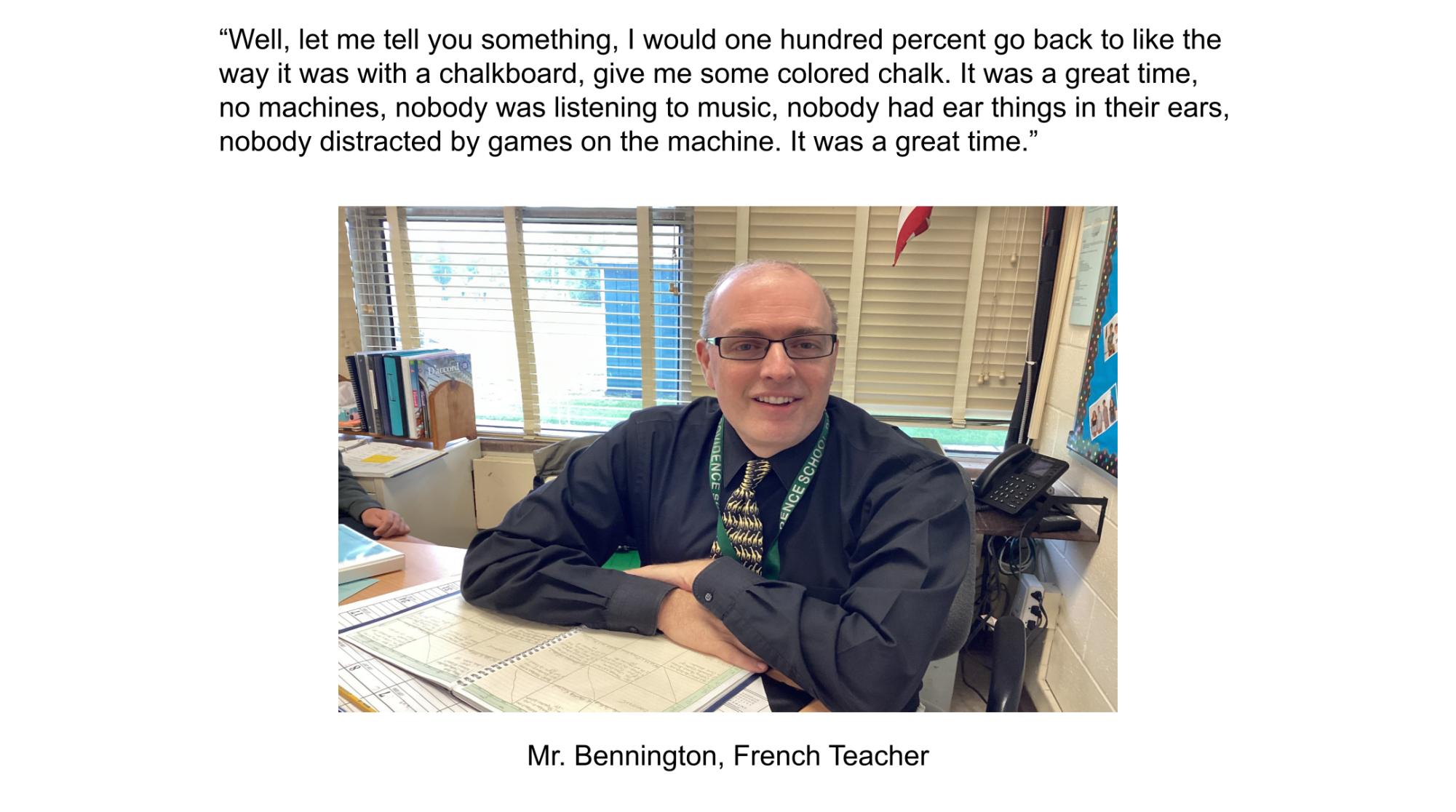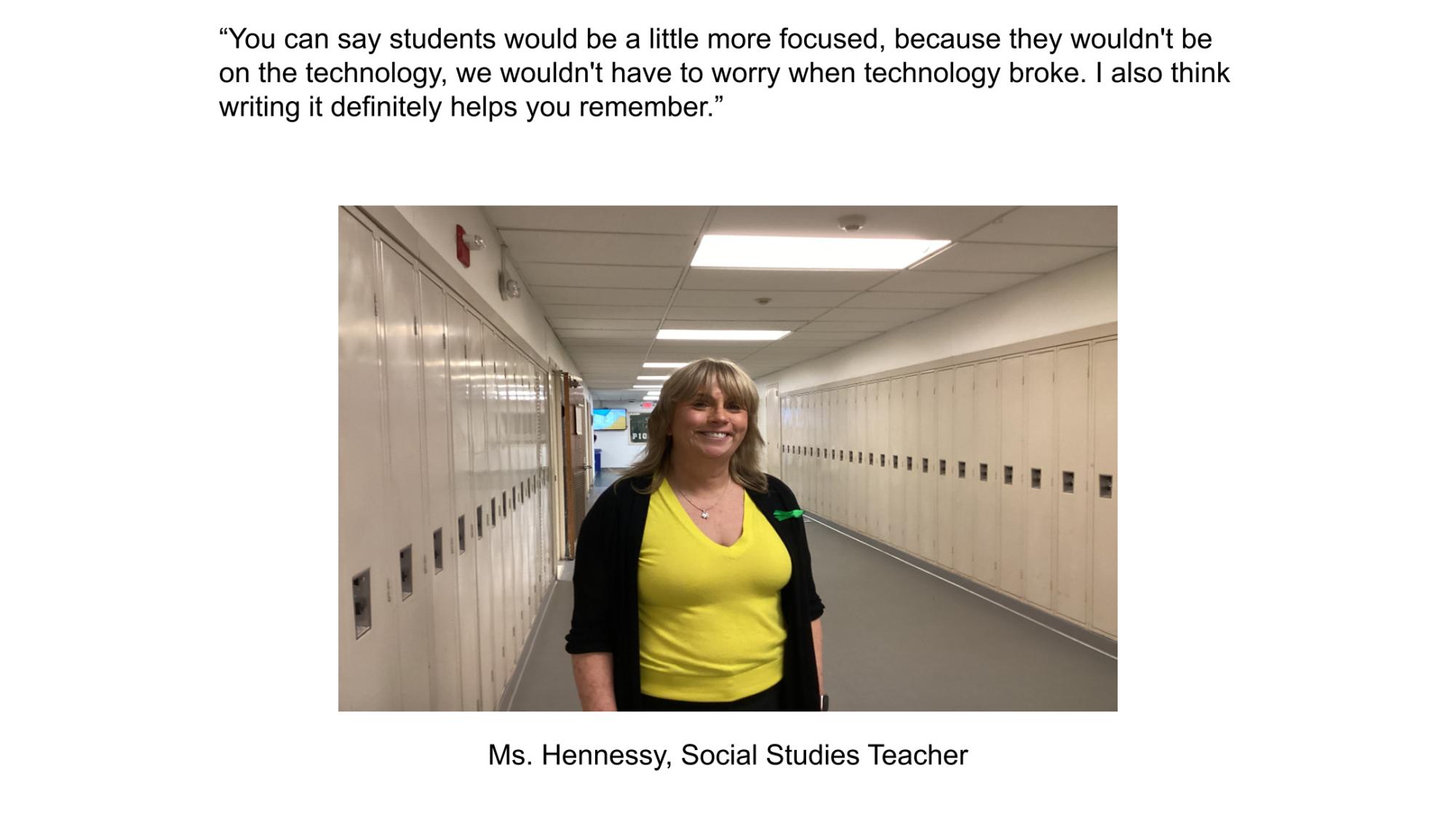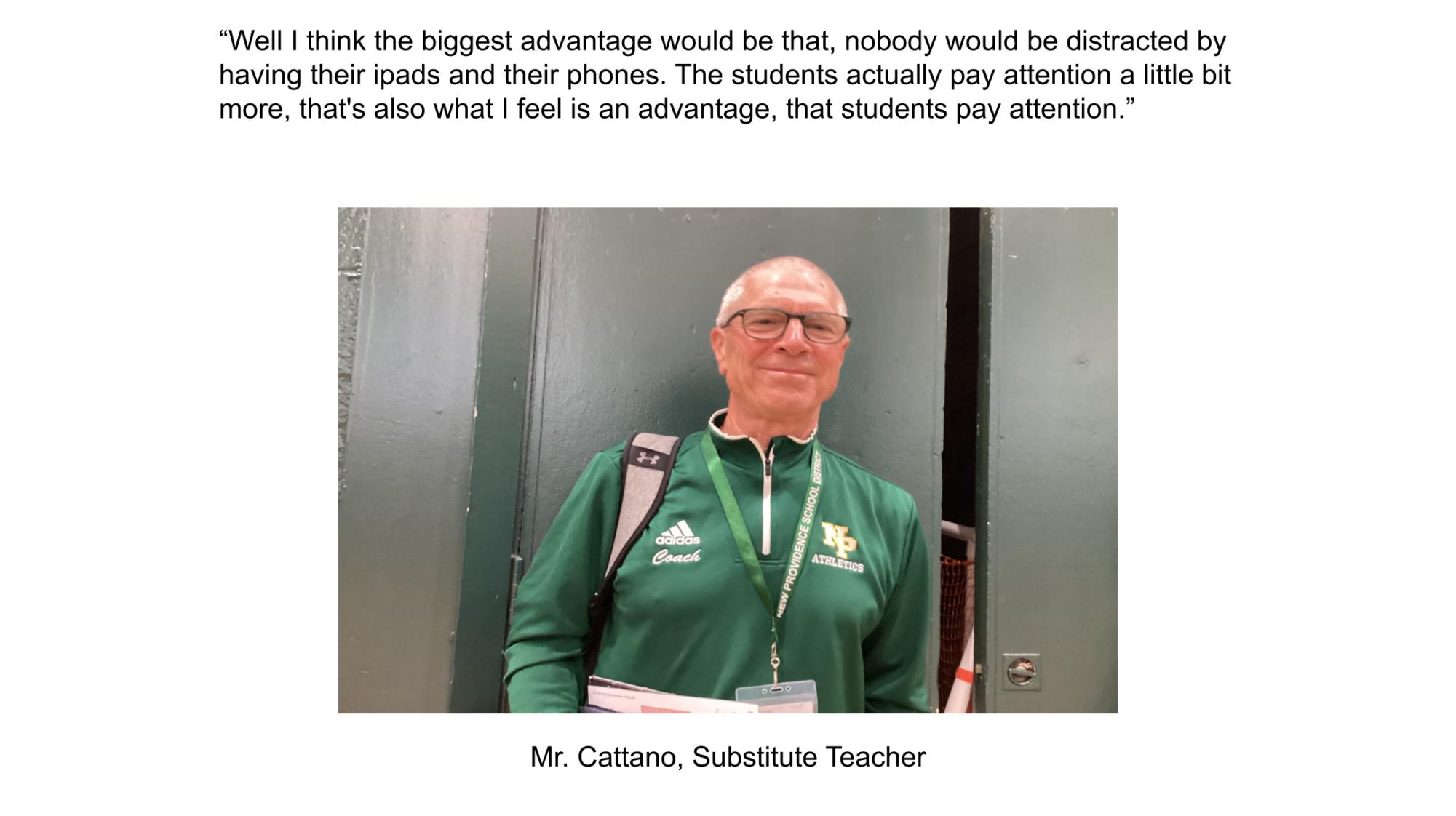SAT: Is There More Pressure for Gen Z Than Past Generations?
April 4, 2022
For juniors, this time of year is extremely stressful. Students are beginning their college searches, meeting with their counselor for their senior year classes, and trying to fit as many extracurriculars in as possible. On top of this, students are preparing for the College Board’s SAT.
According to the Princeton Review, “The purpose of the SAT is to measure a high school student’s readiness for college, and provide colleges with one common data point that can be used to compare all applicants.”
One word that is relevant to high school students today is: “compare.” After talking to teachers here at NPHS, it seems that they agree.
Ms. Berrios, a Language Arts teacher said: “ I think that [students] equate these scores with their social worth and their worth as a person, whereas when I was in high school, you know, it was just something that we all had to do, but I feel like there’s more competition in today’s generation.”
Mr. Cooper, NPMS Science teacher and NPHS Assistant Outdoor Track and Field Coach said: “ I think that it’s more competitive now in two ways. I think there’s more peer pressure, and there’s also a lot more pressure from colleges.”
With this pressure building up, most students today go to tutoring for at least two hours a week, or are planning to.
Zach Palmeri, a junior, said: “I got a tutor two times a week for eight weeks, so sixteen sessions.”
Another junior, Sophia Rucinski, did tutoring for two hours a week, “one hour for math and one hour for language arts.”
However, teachers took a different approach to studying for their SATs when they were teenagers.
Ms. Berrios said: “I just bought the SAT prep book and I just did a couple of practice questions a day.”
Although there is a lot of stress from submitting SAT scores to the right college, teachers generally tried to explain that everything works out in the end. They advised that students should stay determined and focus on growing in a new setting.
Mr. Cooper explained: “I think that your success is based on how intrinsically motivated you are in what you want to do, and how well you can adapt to living on your own in a different situation.”
As long as students find a college and program they love, they will find success.
Ms. Berrios said: “You just need a college degree and at the very least a high school diploma. The prestige and the name of a college or university doesn’t really matter much when you’re in the working world.”


